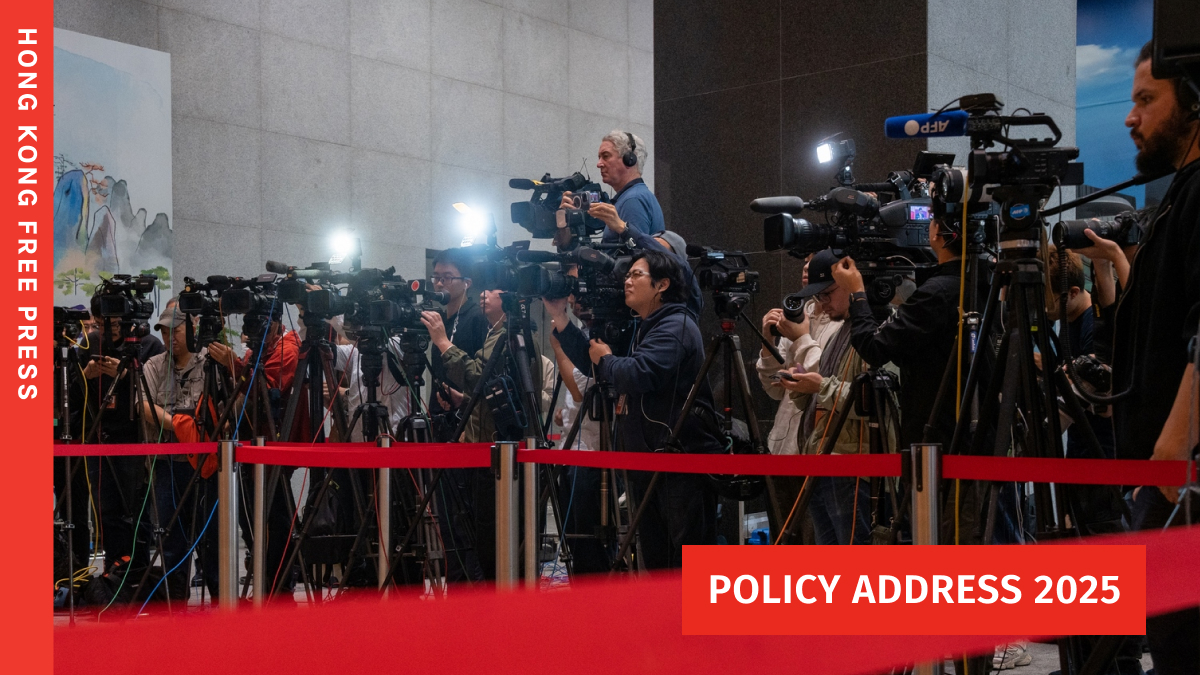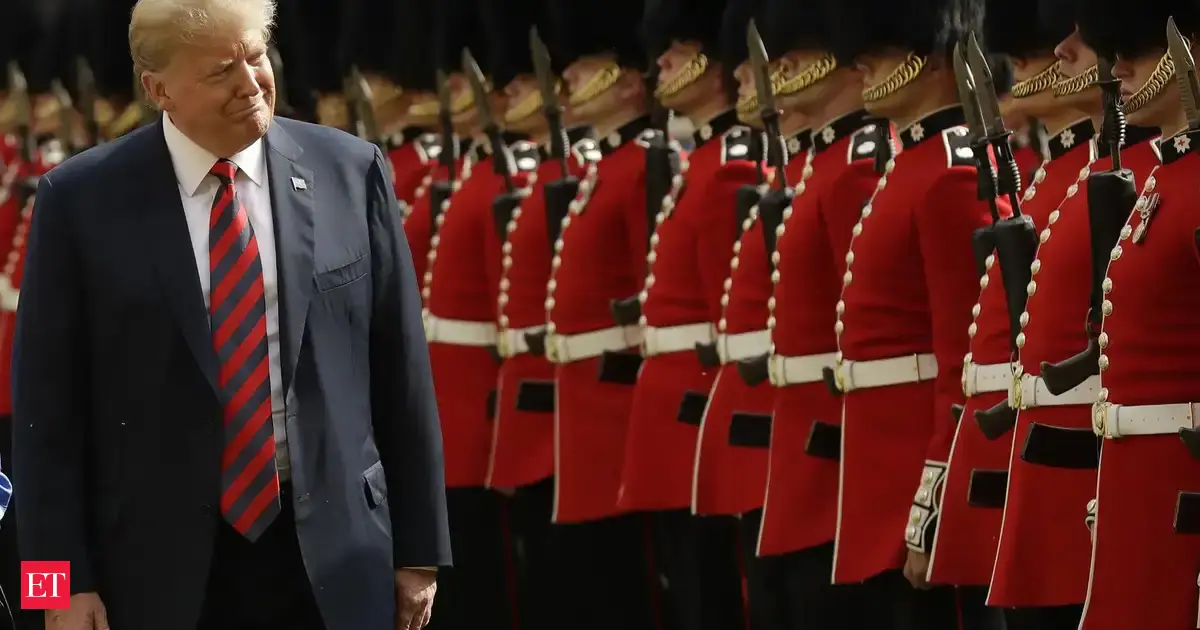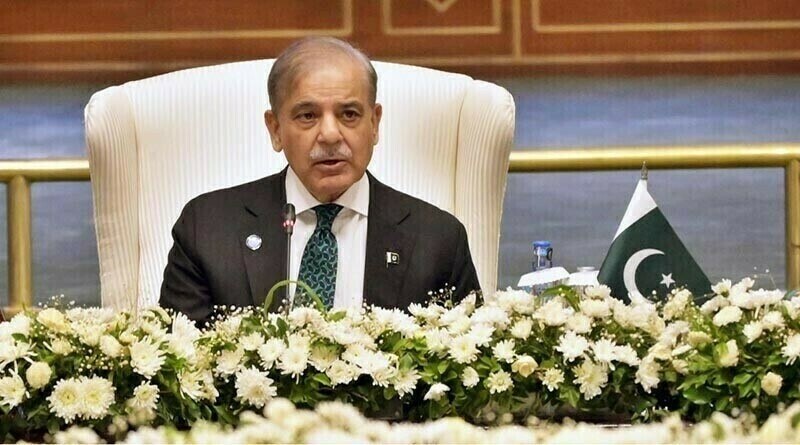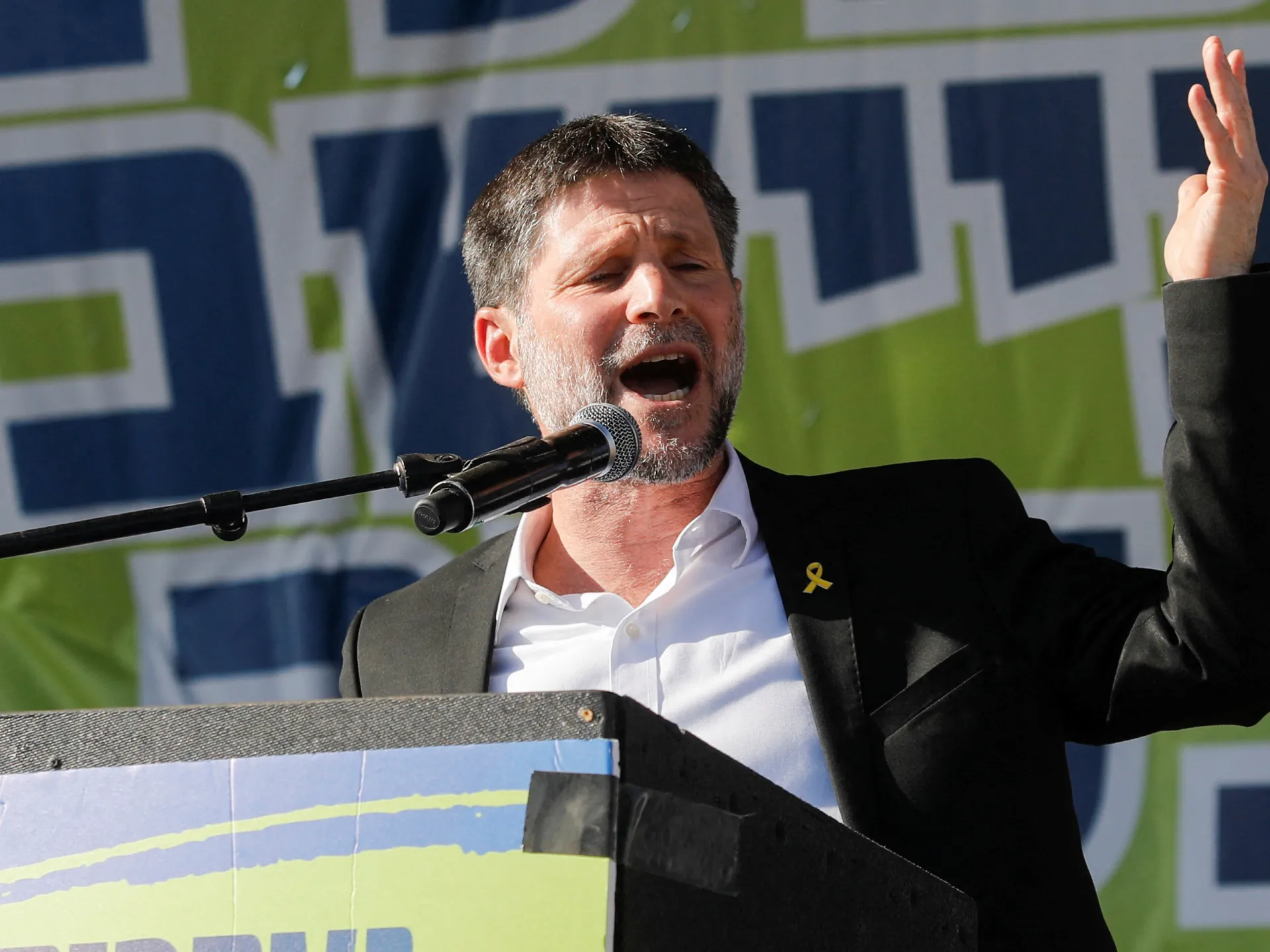Policy Address 2025: Hong Kong leader pledges to help local media expand overseas, vows no interference
By Kelly Ho
Copyright hongkongfp

The Hong Kong government has vowed to help local media overcome “operational pressures” and expand overseas, with Chief Executive John Lee saying that he would not “interfere with” their work.
The media in Hong Kong received a rare mention in the 2025 Policy Address, delivered by Lee on Wednesday, when he said the government would assist the local press to expand their network beyond Hong Kong, “telling the good stories” of the city.
It was included under the chapter on Hong Kong’s integration into China’s “overall national development” by acting as a platform for “overseas expansion.”
At a post-speech press conference, Lee was asked why he included this initiative in the annual policy blueprint and what role the media played under his governance. He said local media outlets “are facing various operational pressures,” and he wanted to help them open up new markets and explore business opportunities, just as the government did for other sectors.
The Hong Kong leader praised the local press as “excellent” and “professional,” saying they had “a lot to offer” to the world. He wanted the media to know that the government “takes care of all sectors” and that he had been “establishing good communication with a lot of media friends.”
“I think what I am trying to do is [open] doors for the media to do their own things. I will not interfere with what they do,” he said.
“I hope I can build up [those] relations with professional reporters such as you here now, but I don’t have the time, so I have to do it in an organisational way, and that is my offer in the Policy Address,” he added.
Hong Kong’s media landscape has seen drastic changes in recent years, as the city has plummeted in international press freedom indices since the onset of the 2020 and 2024 security laws.
Watchdogs cite the arrest and jailing of journalists, raids on newsrooms and the closure of around 10 media outlets, including Apple Daily, Stand News, and Citizen News. Over 1,000 journalists have lost their jobs, whilst many have emigrated. Meanwhile, the city’s government-funded broadcaster RTHK has adopted new editorial guidelines, purged its archives, and axed news and satirical shows.
Last year, reporters from at least 13 media outlets in Hong Kong were harassed online and offline in what appears to be a “systematic and organised attack,” the Hong Kong Journalists Association (HKJA) said. They received emails and letters with defamatory content to their home addresses, workplaces and other venues. The journalists targeted included those from Hong Kong Free Press, InMedia, HK Feature, and members of the HKJA’s executive committee.
See also: Explainer: Hong Kong’s press freedom under the national security law
In 2022, Chief Executive John Lee said press freedom was “in the pocket” of Hongkongers but “nobody is above the law.” Although he has told the press to “tell a good Hong Kong story,” government departments have been reluctant to respond to story pitches.



